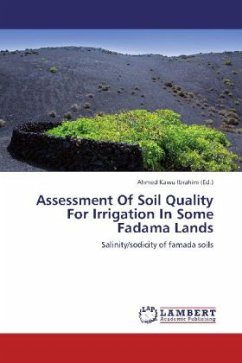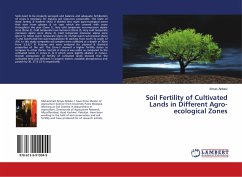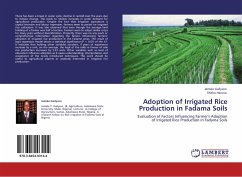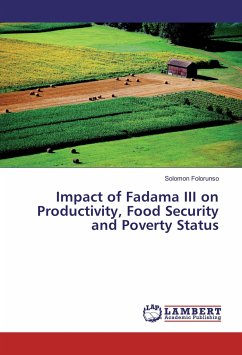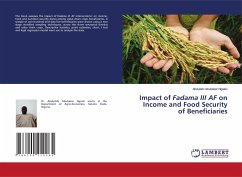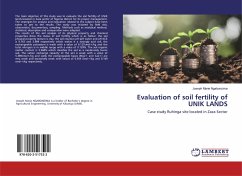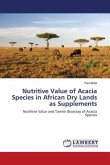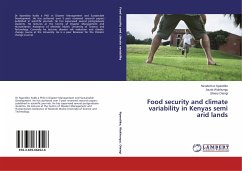In Nigeria to day, the need for increased food production to feed the ever- increasing human population is more recognised now than ever before. However, with the realization that population in Nigeria is growing at an alarming rate while food production is slow. It is pertinent to note. However, that the hihg groundwater table exposessoils to salinity/sodicity development and consequent hazards. A study was conducted to determined the salinity/sodicity status of soils from baure, dadin kowa and kwadonin yamaltu. Seventy two soils samples were collected at 0-15cm and 15-30cm depth and analyzed using standard procedures. Result obtained indicated that the soils are clay loam in texture, medium to high cation exchange capacity and exchangeable bases with calcium and magnesium being high and dominants. The soil pH range from 6.2-6.8 , electrical conductivity 60-190, and exchangeable sodium percentage 1.2- 2.1 % indicating no salinity/sodicity for now.
Bitte wählen Sie Ihr Anliegen aus.
Rechnungen
Retourenschein anfordern
Bestellstatus
Storno

